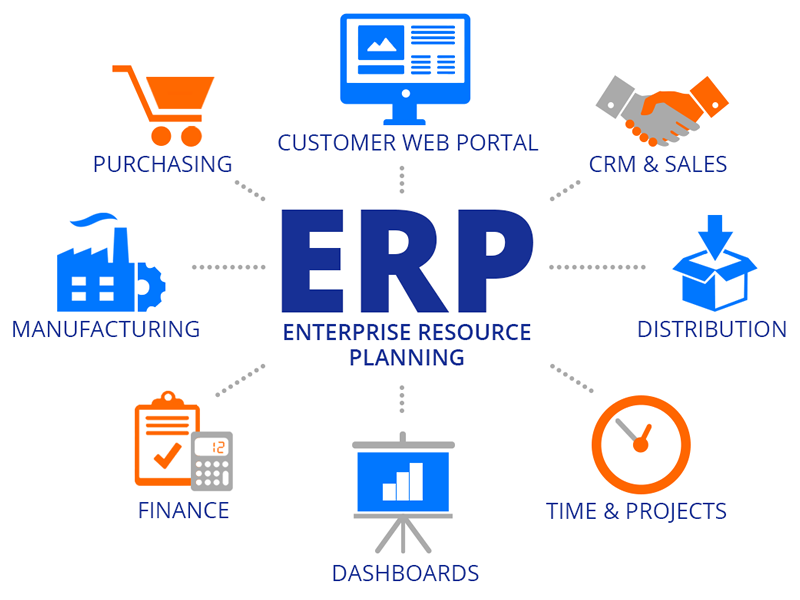What is an ERP Platform?
What is an ERP Platform?
In today’s business landscape, efficient operations and seamless communication are essential. An ERP platform delivers these capabilities. But what does ERP stand for? ERP stands for Enterprise Resource Planning, a system designed to integrate and manage core business processes. Whether it’s finance, human resources, supply chain, or customer relationships, an ERP solution brings it all together under one roof. Platforms like SAP Business One exemplify how ERP can transform the way businesses operate. Let’s explore what an ERP platform is and why it’s indispensable.
Defining an ERP Platform

An ERP platform is more than just software. It’s a comprehensive system that connects various business functions into a unified framework. Unlike standalone tools, an ERP platform offers a single source of truth for the entire organization. This means all departments—accounting, sales, inventory, and beyond—work with the same accurate data. SAP software is a leading example of an ERP platform that simplifies processes, eliminates redundancy, and enhances collaboration.
How Does an ERP Platform Work?
At its core, an ERP platform operates by centralizing data and automating processes. It collects information from different departments and stores it in a shared database. This eliminates silos and ensures that everyone has real-time access to the same information. For instance, when a sales order is placed, the system automatically updates inventory levels and generates an invoice. This seamless integration eliminates manual data entry and reduces errors. SAP Business One goes a step further by offering real-time analytics and dashboards, enabling businesses to make informed decisions quickly.
Key Features of an ERP Platform

An ERP platform comes with several essential features:
- Financial Management: Handles accounting, budgeting, and financial reporting.
- Supply Chain Management: Tracks inventory, procurement, and logistics.
- Customer Relationship Management (CRM): Manages customer interactions and sales pipelines.
- Human Resources (HR): Streamlines payroll, recruitment, and employee data management.
- Analytics and Reporting: Provides real-time insights for better decision-making.
With SAP software, businesses gain access to these features in a user-friendly interface that adapts to their needs.
Benefits of Using an ERP Platform
The benefits of an ERP platform are far-reaching. It improves efficiency by automating repetitive tasks, such as generating invoices or tracking inventory. It also enhances collaboration by enabling departments to share data effortlessly. Another advantage is scalability. ERP platforms like SAP Business One can grow with a business, accommodating new users, locations, and functionalities as needed. Additionally, ERP platforms provide robust compliance tools. They help businesses adhere to industry regulations by automating audits and maintaining detailed records. This is especially important in highly regulated sectors like healthcare and finance.
On-Premise vs. Cloud-Based ERP Platforms

ERP platforms can be deployed on-premise or in the cloud. On-premise systems are installed locally on a company’s servers. They offer greater control but may require significant upfront investment. Cloud-based ERP platforms, like those offered by SAP, provide flexibility and scalability. They are hosted on the provider’s servers and accessed via the internet. This reduces maintenance costs and ensures that businesses always use the latest version of the software. Many organizations choose cloud-based ERP solutions for their ease of use and cost-effectiveness.
Why ERP Platforms are Essential
In a competitive business environment, ERP platforms are no longer optional—they’re essential. They provide the tools needed to manage operations efficiently, adapt to changing demands, and stay ahead of the competition. SAP Business One exemplifies how an ERP platform can empower businesses of all sizes. By centralizing data, automating tasks, and providing actionable insights, it enables organizations to focus on growth and innovation. An ERP platform is not just a technology—it’s a strategic asset. For businesses seeking efficiency and integration, adopting an ERP solution is a step toward long-term success.

